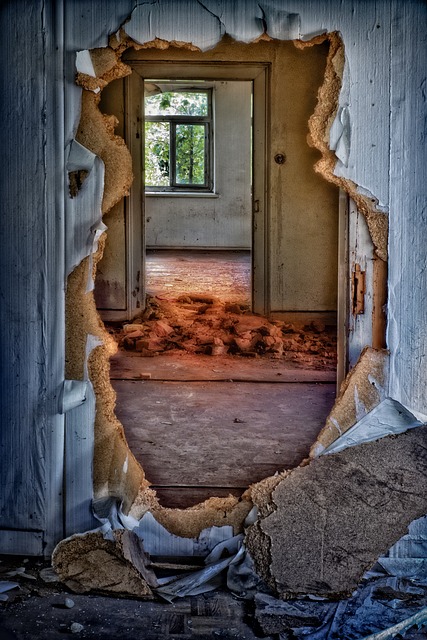
The state of Colorado has been busy passing housing laws. The latest, SB24-094, is a bill to protect long term tenants from living in conditions that impact their life, safety and health. While we applaud the intent, this bill could go too far and end up with big consequences for Colorado homeowners with long term tenants.
All homeowners know things break. That’s an expected expense when owning a home. This new law in Colorado not only gives homeowners a timeline to fix issues for their tenants, but also requires them to pay for alternate housing when requested and possibly more.
Written notice to landlord
The new requirements start once a landlord is notified their property is uninhabitable or of a property condition that poses a threat to the life, health or safety of a tenant. It doesn’t matter who informs the landlord of the issue, it doesn’t have to come from the tenant, to require the landlord to take action. Once aware, the landlord has 24 hours to take action and communicate with the tenant regarding the necessary repairs. Along with the repair start date and timeframe, it is a requirement to inform the tenant that they have an obligation to provide the tenant comparable housing at no cost to them during the repairs. If the home is inaccessible due to a public disaster, the landlord then has 72 hours to take these steps.
Comparable housing
Within 24 hours of the tenants request for alternative housing, a Colorado homeowner with long term tenants has an obligation to provide up to 60 days of comparable housing while repairs are taking place. If repairs are not completed in 60 days, the tenant can terminate the lease and receive their security deposit back. The alternate housing must be within five miles of the rental. If the tenant will be staying more than two days, it must have a refrigerator with freezer and a stove or oven. If not, the landlord must provide a meal allowance in addition to the housing.
Interfering with life, health or safety
Here are some examples of items that make a home uninhabitable or interfere with life, health or safety of the tenant.
- Mold associated with dampness
- Dampness that could cause mold
- No running water
- Inadequate hot water
- Rodent, pest or insect infestations
- Adequate garbage containers or lack of trash service
- Floors, stairs, railings & elevators that are not in good condition
- Properties not up to code
- An inoperable cooling system provide by the landlord, even if it is portable
- Hazardous gas piping, or related items
- Improper or inadequate venting
- Electrical, sewer, heating issues
- Inaccessible egress exits
- Doors or windows that don’t lock
Breach of warranty of habitability
If the problem still exists seven days after receiving notice, and the landlord is not taking action, it is a breach of the warranty of habitability. When a breach happens, the tenant can choose to break the lease by giving the landlord ten to sixty day notice. If the tenant decides to stay after the breach and the issue gets repaired, and the same issue reoccurs within six months, then tenant can break the lease at that time by giving at least ten day notice. Another course of action after a breach, if the tenant chooses, the tenant can handle the repairs themselves and reduce the rent by the cost of the repairs by giving 10 day notice to the landlord. If it is a critical issue, 48 hour notice is sufficient.
Damage caused by tenant
If the tenant has caused the problem, these rules do not apply.
Documentation required
Documentation is imperative. All communication must be in writing and landlords of Colorado rentals must keep them for three years after the tenant’s lease ends. If the tenant requests any of the documentation, it must be provided within 10 days.
Big Consequences for Colorado Homeowners
Colorado is implementing more laws to protect the tenant. Tenant laws are understandable and sometimes needed. No tenant should be taken advantage of. However, the results of these laws could be big consequences for Colorado homeowners with long term tenants. Not only does it require immediate response and action regardless of the homeowner’s current circumstances, it requires alternate housing and potentially an expense account for the tenant. A homeowner of a rental property could wind up paying out a lot of money on top of the cost of the repair to the home. Unfortunately, not every rental homeowner will have the funds needed to meet the requirements of this long term rental law. In addition, like with most things, there will be some tenants that take advantage of the new protections that have been put in place. With so many new laws that put all the protection on the tenants and all the risk on the landlords, many homeowners will be forced to reassess the value of providing rentals.
Disclaimer
We are not attorneys. We are real estate agents that are educating ourselves and homeowners on the basics of this new law. This is not a complete summary of the law. It is recommended that all Colorado homeowners with long term tenants do their own due diligence.


Leave a Reply